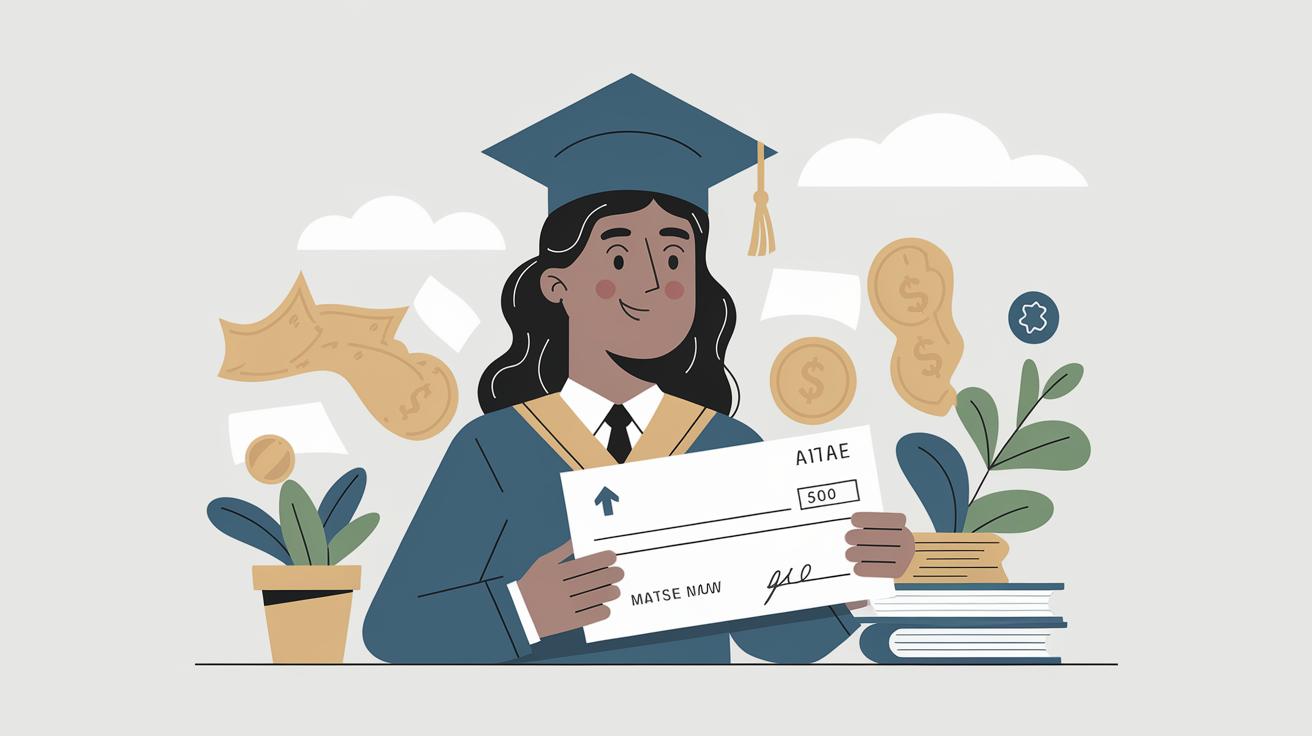Understanding Private Student Loan Consolidation
Navigating the complexities of private student loans can be a daunting task for many borrowers. This blog post aims to demystify private student loan consolidation, a popular option for individuals seeking to manage their debts more effectively. Understanding the role of home equity loans, the responsibilities of educational lenders, and identifying featured and student loan providers plays a crucial part in deciding whether to consolidate your loans. With a focus on the advantages and considerations of loan consolidation, we’ll explore how you can streamline your financial commitments and potentially reduce long-term repayment costs.
Home Equity Loans
Home equity loans present an intriguing option for borrowers looking to consolidate their private student loans. By utilizing the equity built up in a home, individuals can often secure a home equity loan to pay off student debts, potentially at a lower interest rate. This approach may result in more manageable monthly payments and reduced overall interest over time.
However, leveraging home equity for student loan consolidation comes with inherent risks. Borrowers should be cautious, as defaulting on a home equity loan puts their home at risk. It’s essential to consider the stability of one’s financial situation before transferring unsecured student loans into secured debt, as the implications could be significant should repayment difficulties arise.
Educational Lenders
Educational lenders play a critical role in the realm of private student loan consolidation. Unlike federal student loans, which are eligible for federal consolidation, private student loans are handled by various lenders each with their terms and conditions. These lenders might offer their own consolidation products or refinancing options as a way to reduce the borrower’s interest rates or extend repayment terms.
Borrowers should carefully evaluate the terms offered by educational lenders, comparing interest rates, fees, and loan terms. It’s crucial to understand that once consolidated through a private lender, borrowers lose any benefits associated with their original loans, such as certain borrower protections or potential eligibility for debt forgiveness programs.
Featured Consolidation Providers
The marketplace for student loan consolidation is competitive, and numerous lenders feature prominently for providing notable consolidation solutions. These featured consolidation providers typically offer products that vary in flexibility and benefits, aiming to attract borrowers through competitive rates and enticing features like no prepayment penalties.
Some of the well-regarded consolidation providers include companies that focus on customer service excellence and robust financial tools. These providers aim to offer borrowers a streamlined application process, clear disclosures, and the potential for rate reductions with consistent payment histories, helping make the consolidation process as seamless and beneficial as possible.
Student Loan Providers
Student loan providers, both private and federal, are the original lenders of student loans and often the first point of contact for borrowers seeking to consolidate their loan burdens. While federal loans offer government-backed consolidation, private loans require borrowers to engage directly with the private lenders where their loans originated.
For borrowers interested in consolidating private student loans, they should contact their current student loan providers to explore available refinancing or consolidation options. Many providers offer helpful resources or dedicated customer support teams to guide borrowers through understanding the benefits and potential drawbacks of refinancing their loans into a new consolidated loan.
Consolidation Providers
Consolidation providers, independent from the original loan originator, often specialize in combining multiple loans into a single, comprehensive obligation. These companies focus on providing solutions tailored to the financial needs of borrowers aiming to simplify their repayment process or secure lower interest rates.
When choosing a consolidation provider, borrowers should thoroughly research potential companies, considering factors such as interest rates, loan terms, customer reviews, and any potential fees. A provider with a strong reputation and fair lending practices can significantly enhance a borrower’s prospects of achieving manageable and consistent repayment.
Should You Consolidate Your Student Loans?
The decision to consolidate student loans is highly individual and depends on several factors. For borrowers with multiple private student loans characterized by high interest rates, consolidation can be a strategic move to reduce monthly payments and interest expenses over the life of the loan. However, it is important to weigh the benefits against any loss of original loan features or protections.
Borrowers should assess their financial stability, future earning potential, and commitment to consistent repayment before pursuing consolidation. Consulting with financial advisors or utilizing online loan calculators can provide further insight into whether this financial strategy aligns with one’s long-term objectives. Making an informed choice about student loan consolidation can potentially create a path toward a more secure financial future.
Final Thoughts
| Topic | Details |
|---|---|
| Home Equity Loans | Using home equity for loan consolidation can lower interest rates, but poses a risk of foreclosure. |
| Educational Lenders | Private lenders may offer refinancing options but at the potential cost of losing original loan benefits. |
| Featured Consolidation Providers | These providers boast competitive rates and incentives like no prepayment penalties. |
| Student Loan Providers | Initial loan providers may offer consolidation or refinancing options tailored to individual needs. |
| Consolidation Providers | Companies specializing in loan consolidation offer potentially streamlined repayment processes. |
| Should You Consolidate? | Decision depends on personal finances, rate benefits, and understanding any loss of original loan features. |


